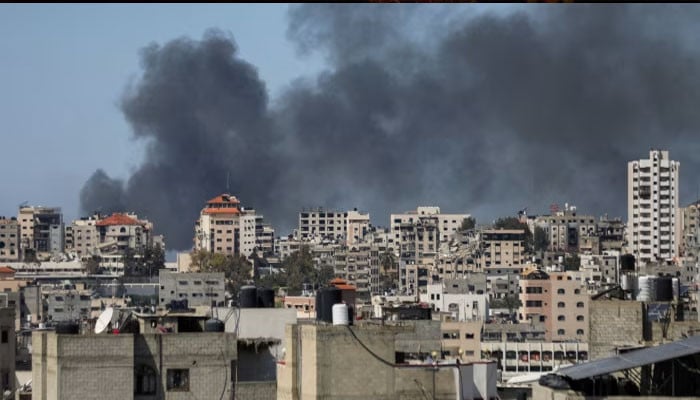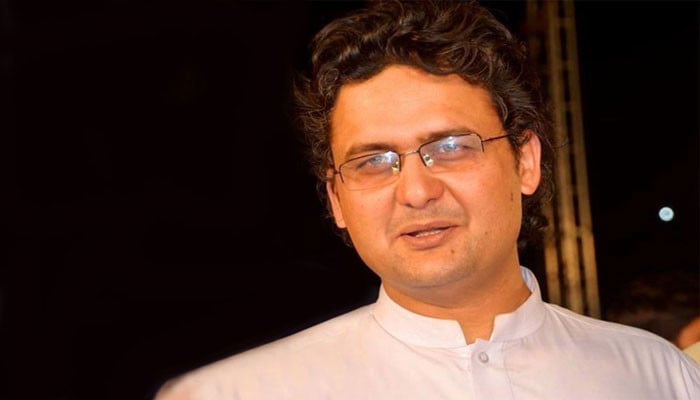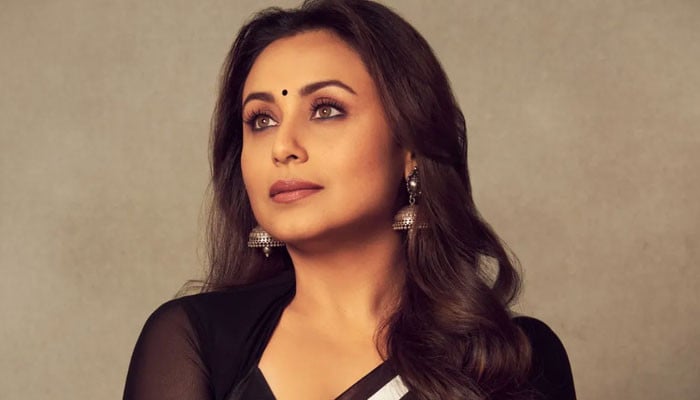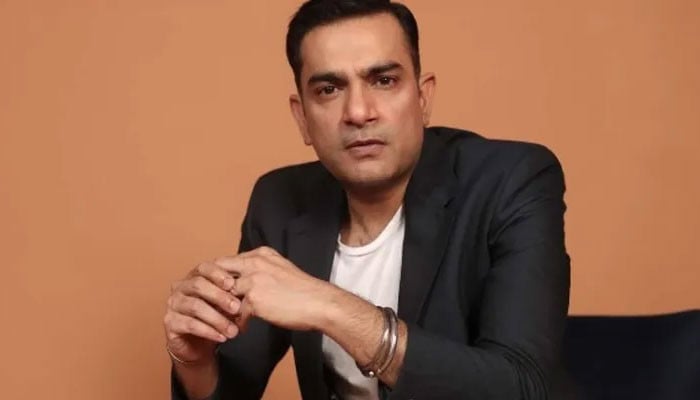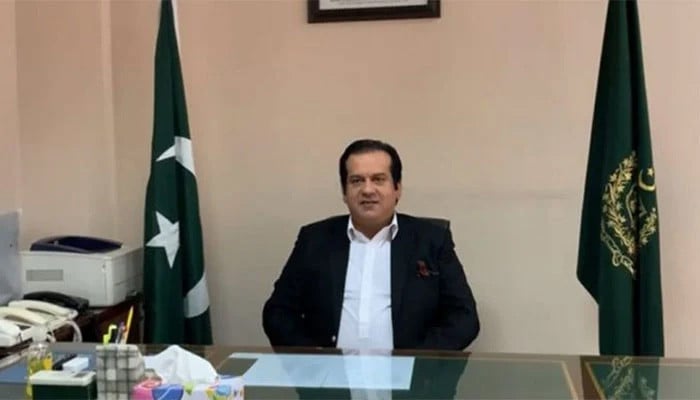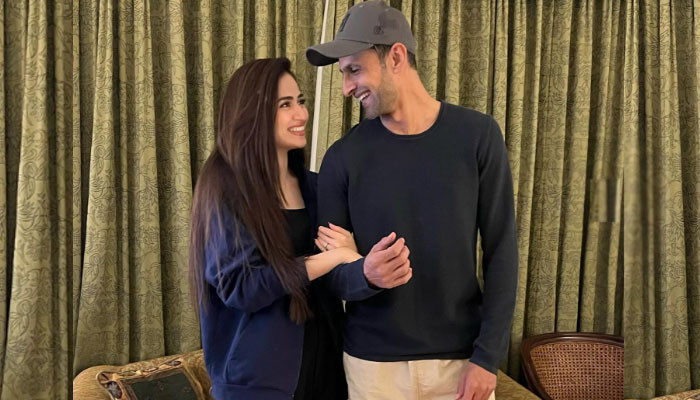[ad_1]
Seemingly ridiculous rumours of Vladimir Putin being in ill health – or possibly even being dead – have been circulating for a long time.
But, the conspiracy theory got an extra boost last week when a Ukrainian spymaster suggested the Putin everyone knew had not been in the public eye for more than a year.
Though the authoritarian Russian president is still making public appearances (and acting pretty normal – most of the time), speculation about his wellbeing has surged ever since he launched the invasion of Ukraine.
So, why do these rumours keep coming back? And what would happen if the 70-year-old Putin were to actually die while president?
Why does anyone believe Putin is dead?
Ukrainian spymaster Major-General Kyrylo Budanov claimed last week that the Kremlin has been using a body double for Putin for the last 14 months.
Speaking to Radio Svoboda last week, he said: “The Putin who everyone used to know was last seen around June 26, 2022.”
When asked again if he thought Putin was alive, he said: “I don’t know what to answer you.”
The presenter suggested Putin was using a body double, and he agreed.
Budanov has previously said that Putin’s ears looked different in various public appearances, suggesting this was evidence it wasn’t the “real” president. He said: “Each person’s ear picture is unique. It cannot be repeated.”
Then there’s the questionable moment when Putin was seen on camera forgetting which wrist his prized £21,500 watch was on during the Russian Council for Strategic Development and National Projects.
The conspiracy has also been fuelled by claims the shape of Putin’s wrinkles and chins alter from one appearance to the next.
Of course, as far as we’re aware, all of these claims are based on video footage and images. There has been no verification that Putin is using a body double, and speculation about his health appears baseless at the moment.
But, what would happen if Putin actually died – or stepped down?
According to Al Jazeera, the Russian Federation Council has 14 days to call early presidential elections if Putin were to die or step down abruptly. If it doesn’t act, the Central Election Commission would call it.
In the interim, prime minister Mikhail Mishustin would be acting president – although he is unlikely to become a permanent replacement, and is not seen as being close to the president.
Political analyst Tatiana Stanovaya told Al Jazeera back in September last year that conservative forces and security officials would take over and fill the power vacuum until a replacement was elected.
She said: “If something happens to him tomorrow, I believe that the system would survive; it’s still robust.”
However, she warned that if something were to happen to Putin in “one year or more” – so, from about now – “the risks of destabilisation are much higher” and there’s more likely to be infighting.
“Next year, the situation might be more different and difficult,” she said back in 2022.
The expert also noted that “no one knows” who will follow Putin right now, and no one “wants to appear as a successor, because it makes your position more vulnerable”.
She was also speaking prior to the (failed) armed rebellion led by Wagner chief Yevgeny Prigozhin, now reported to have died in a helicopter crash.
Through that coup, he posed the largest threat to his power Putin had seen throughout his time in office – and he was dead within two months.
Meanwhile, Putin’s main political opponent Alexei Navalny has been imprisoned following a trial for embezzlement and contempt of court (in a trial Amnesty International described as a sham).
Writing in Foreign Affairs last year, Syracuse University professor Brian D Taylor, claimed: “In the event that Putin dies or leaves office unexpectedly, therefore, alliances between elites will be at least as important as formal rules in determining who succeeds him.”
What about the international stage?
There is a chance someone more practical could get into power if Putin, for some reason, left office – and they may dismiss the war altogether, because of the intense impact on the economy.
In fact, Business Insider India spoke to analysts who claimed in June that China’s leader Xi Jinping may be “contingency planning” if Putin leaves office.
Anders Åslund, an economist and senior fellow at the Atlantic Council, suggested that Xi was looking at building bonds with Mishustin, after holding a rare one-on-one meeting with him in April during a Moscow summit.

ALEXANDER ASTAFYEV via Getty Images
Would Putin ever step down voluntarily?
It doesn’t look like it, even though he has been leading Russia for more than 20 years.
There are more presidential elections next year, but the constitution was changed in 2020 so he could run for an extra two six-year terms until 2036 (when he will be 86).
Putin was the driving force behind the invasion of Ukraine, even as Russia’s offences continue to falter – and his fate is now tied up with the Ukraine war, according to some.
Steve Rosenberg, BBC’s Russia editor told BBC Radio 4′s Today programme: “Russia has survived – it has for centuries. But Vladimir Putin’s fate, irrevocably now, is linked to the outcome of this war.”
But, others believe the Russian Ministry of Defence has been positioned at the frontline of any domestic (or international) backlash to the ongoing conflict.
Research fellow for the Royal United Services Institute (RUSI), Emily Ferris, told HuffPost UK: “Some criticism has come close to personal criticism of Putin, but not enough to undermine the image he’s trying to promote of himself as the bringer of peace.”






































